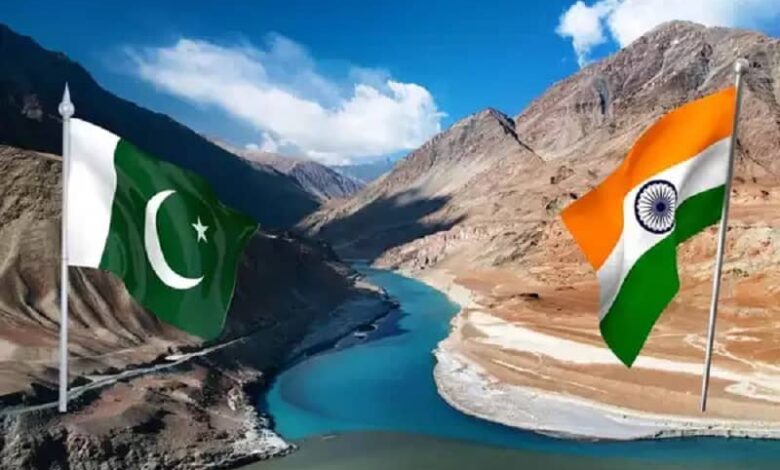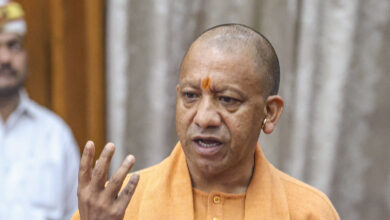
The Neutral Expert appointed by the World Bank has asserted its jurisdiction to decide on the differences over two hydropower projects in Jammu and Kashmir, a dispute that has been persistently opposed by India and Pakistan, with the latter’s stand having just been cleared by New Delhi.
The MEA, in a statement said it has always maintained that only the Neutral Expert has the competence to resolve these issues under the Indus Water Treaty as prima facie, on Kishenganga and Ratle hydroelectric power plants in the Union Territory.
MEA noted, “This decision confirms and vindicates India’s stand that all the seven questions referred to the Neutral Expert regarding these projects are within his mandate under the Treaty.” In this regard, no immediate response is coming out of Islamabad as yet.
In 2022, a neutral expert and the chairman of the Court of Arbitration were appointed by the World Bank amidst dispute between both nations over the 1960 Indus Water Treaty. This treaty, after long deliberations and with the World Bank as a signatory, laid down a framework for cooperation and information sharing between the two countries regarding their water resources. The gist of the dispute is the difference in opinion on whether the designs of the Kishenganga and Ratle hydroelectric power plants violate the said treaty.
Whereupon, Pakistan requested the World Bank to constitute a Court of Arbitration to consider its grievances for flawed designs of the projects, and India sought the appointment of a Neutral Expert for the same kind of review.
In a release on Monday, the Neutral Expert said that after considering the careful submissions made by both parties, it would proceed to render a decision on the merits of the points of contention. It added that there was no need to address Pakistan’s alternative submission.
The MEA further said that, with the Neutral Expert confirming his jurisdiction-in consonance with India’s position-the matter would proceed to the next stage of determination of the merits of the seven issues in dispute.
India also reiterated its commitment to engage in the Neutral Expert process for an outcome that is in accordance with the letter and spirit of the Treaty, which prohibits parallel proceedings on the same issues. It reiterated its non-recognition of the Court of Arbitration proceedings, terming them illegitimate.
Secondly, both the governments are still engaged in discussions over possible amendments and reviews of the Indus Waters Treaty, as provided for under Article XII (3) of the treaty.



